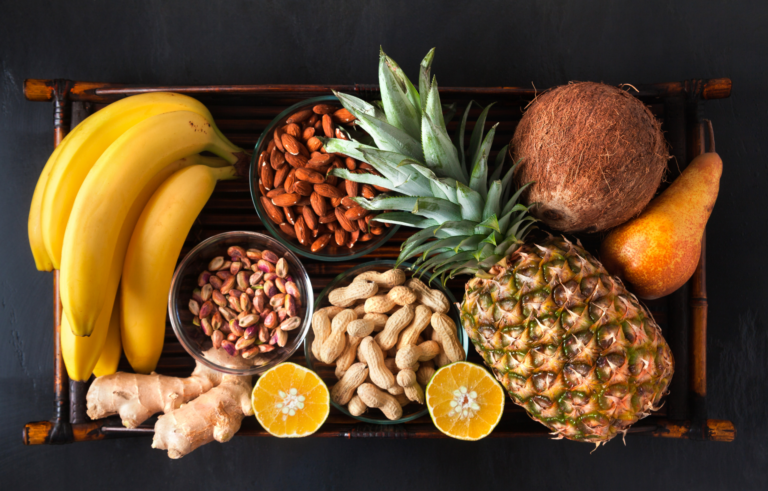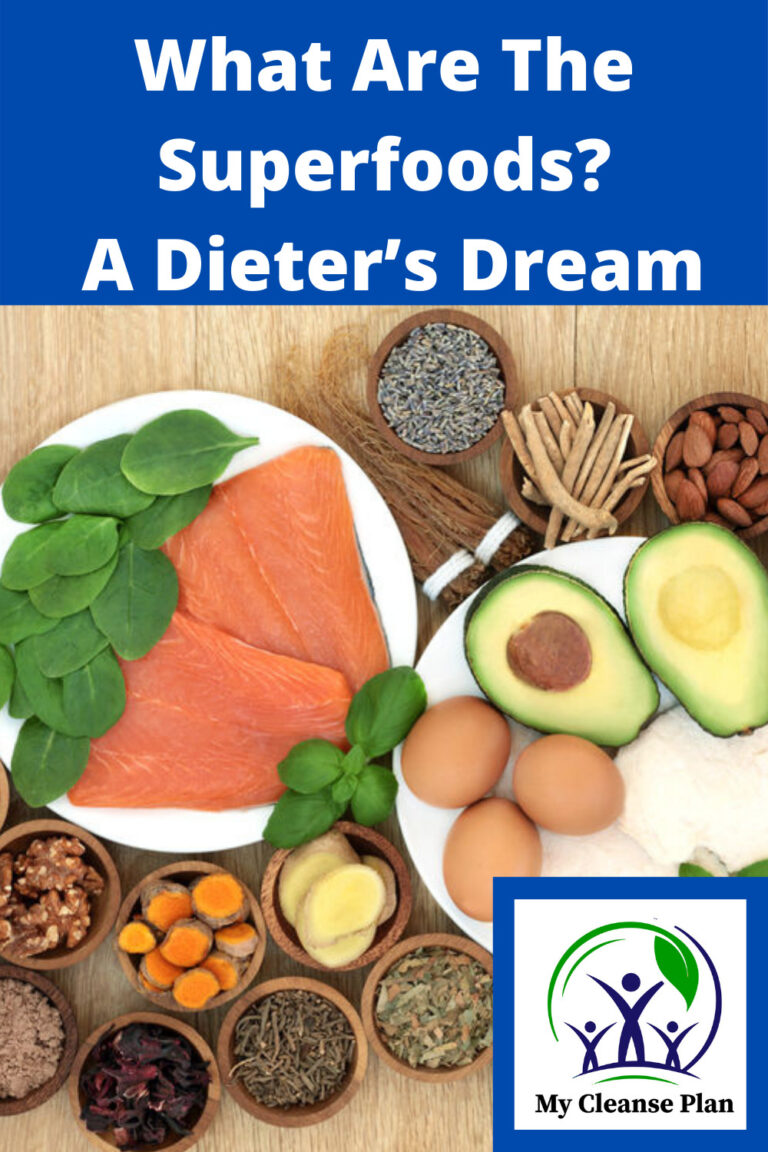Do Protein Shakes Make You Gain Weight Without Working Out?
Whether you have just started drinking protein shakes or are considering trying them for the first time, something you might be wondering is whether protein shakes make you gain weight.
The simple answer? Yes and no.
And, unfortunately, even if you are working out, the same two answers apply.
Needless to say, these aren’t the answers you’re looking for. But there are many factors to take into account when it comes to weight gain.
Weight gain can also be due to muscle or fat—sometimes both—which can make the question more difficult to answer, depending on your body’s goals.
But don’t worry, as this guide will break down the question so you can find the answer you’re looking for. So with all that said, let’s get into it.
What Do Protein Shakes Do?
If you’re new to protein shakes, it’s worth understanding what protein shakes are and what they are used for.
If you know what protein shakes do, however, feel free to go ahead and skip this section!
Protein shakes are used to increase dietary protein – a common compound found in meat, fish, beans, seeds, yogurt, and more.
Consuming a high-protein diet helps build muscle, as well as helps muscles recover after a strenuous workout.
Protein shakes are therefore used to promote muscle growth and repair.
Most protein shakes, which can be powders or pre-made drinks, offer high protein content that’s easily consumed, making it quick and convenient for people to get more protein in their daily diet.
The Benefits of Protein Shakes
Protein shakes offer various benefits, including:
- Increase dietary protein intake
- Promote muscle growth and muscle recovery
- Improved muscle functions in general
- Reduced hunger – making you feel full for longer
- Easy and convenient to drink
- Available in different flavors
- Available in packaged bottles or as a mixable powder
- Largely affordable for most people
Muscle VS Fat Weight
Now that we have the basics out of the way, it’s time to move on to the good stuff. And one thing that’s worth mentioning in regard to weight gain is that it doesn’t just mean gaining body fat.
Weight gain can be due to gaining muscle or gaining fat. And whatever your specific goals are right now, either of these or both simultaneously, can be a good or bad thing.
Unless you’re “bulking”, putting on weight by gaining fat isn’t ideal. But for those looking to build more muscle, weight gain from increased muscle mass is a good thing.
And to include a fun fact, muscle tissue weighs more than fat tissue!
Do Protein Shakes Make You Gain Weight Without Working Out?

So, do protein shakes make you gain weight without working out?
Here’s the real answer: protein shakes will make you gain weight if you are in a caloric surplus – regardless of whether you are working out or not.
Protein shakes are full of protein, but they also contain calories.
Calories play a big part in fat loss and fat gain, and consuming more calories than you need to remain at the same weight (your “caloric maintenance”) will result in gaining weight (fat). This is known as being in a caloric surplus.
Consuming fewer calories than your caloric maintenance, on the other hand, will result in weight loss (fat). This is known as being in a caloric deficit.
Despite that, you can be in a caloric deficit to lose fat, but simultaneously gain muscle through protein shakes, keeping your weight at the same number, which is why taking muscle and fat weight into account is important.
As for working out, this simply helps to stimulate muscle growth by breaking down the muscle fibers before they can repair and grow back larger – assuming that your workout involves some form of strenuous strength/resistance training.
So by working out and drinking protein shakes, you’ll gain weight, but you can expect it to be largely muscle weight.
If, on the other hand, you are drinking protein shakes but not working out, expect to gain some muscle weight paired with a high-protein diet, but also some fat weight if the calories you are getting from the protein shake put you in a daily caloric deficit.
Do I Need to Workout to Drink Protein Shakes?
You don’t have to work out to drink protein shakes. Protein shakes are not only used by gym-goers who want to build muscle, but also by people who need or want to increase their dietary protein intake for any health-related reason.
Protein shakes are simply used to increase protein intake, which can help promote muscle growth for people who perform regular strength training workouts.
Protein helps the damaged muscle fibers repair, growing back bigger and stronger after recovering – something that’s known as hypertrophy.
Do I Need to Drink Protein Shakes?
With all that new information, do you need to drink protein shakes?
Simply put, you don’t need to drink protein shakes if you think you get enough protein in your diet.
Explore Also:
Creativehouseblog
Dietsheriff
Gigasecurehome
If you work out regularly and your goal is to build muscle, however, it’s worth considering protein shakes as an easy solution for increasing your protein intake, which will, as a result, maximize muscle growth and recovery between workouts.
The Short Answer
Looking for the condensed answer?
Drinking protein shakes can lead to weight gain, but this weight gain can be due to increased muscle or increased fat, which will ultimately depend on your calorie intake. Whether you work out or not, the answer is the same.
If you are looking to build muscle but are conscious of gaining fat at the same time through protein shakes, it’s possible to gain muscle weight and reduce body fat by maintaining a high-protein diet with an overall caloric deficit.
If you want to drink protein shakes but don’t work out, you can avoid gaining weight (fat) if, in the same way, you make sure to maintain a consistent caloric deficit.
Overall, the best way to monitor your body fat and muscle percentage, as well as your overall weight, is by using a modern body composition scale.
Other articles to read:







